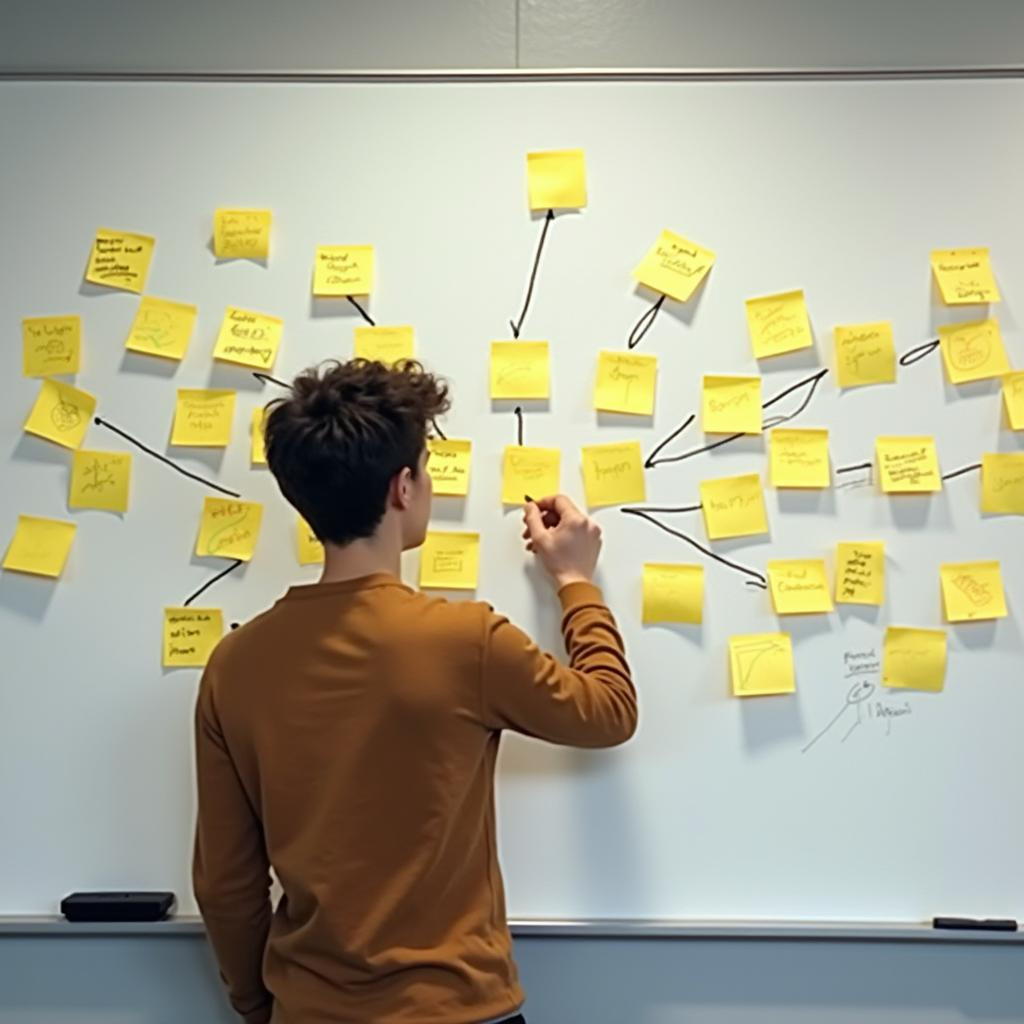Emotional Regulation and BeFriending "Difficult" Emotions: Fear
Fear's Message to Us: “Give Me Shelter. Give Me Closeness!”
To better explore this important concept—that feelings are important messengers—let’s look at some examples:
- Imagine that a wilderness survival expert is embarking on a 30-day challenge alone in the desert. In order to survive the harsh elements, she’ll need to be disciplined and highly strategic in managing her energy output and hydration. Now imagine that at the hottest time of day, she has taken shelter, and she knows her best move is to wait out the high mid-day temperatures. Just then, she starts to feel thirsty. She tells herself, “I have to ignore this thirst, and focus on staying in the shade.” This thought may be critical for her survival for the next hour or so!
But what if she hangs onto that mentality for four hours, then six? If she becomes unable to acknowledge her own thirst, how long do you think she’ll be able to survive in the harsh desert? Probably not long! She needs to be able to recognize her own thirst in order to know when to seek the hydration she needs to stay alive.
Of course, this is a very obvious example—and you might be thinking that thirst is completely different from feelings like FEAR. Yes, thirst is very closely related to FEAR. Being limited or deprived of our basic needs TRIGGERS FEAR as an INSTINCT TO SELF-PROTECT.
In relationships, denying our fear can manifest in all kinds of destructive ways, from distancing ourselves from others to acting aggressively in order to convince ourselves that we aren’t scared. But we humans are a social species—we cannot survive without community.
We can self-soother alone but it take a lot more time and lot more energy. Co-regulating is the most efficient way we have discovered so far. Listening to and acknowledging our fear isn’t only essential to help us run away from saber tooth tigers—it’s essential in keeping us connected. Addressing it in therapy, in the presence of a supportive therapist who also builds up your coping skills - is one of the greatest experiences one can have. Once experienced and mastered in therapy, then practiced in everyday life.
When we stop running from our fear—when we pause long enough to ask that fear what it’s trying to tell us—we’ll discover that fear is simply speaking on behalf of a need we may be neglecting. If we’re afraid our partner might be losing interest in us, our fear is there to tell us we need to reach out to them and see how they feel. If we’re afraid of losing our jobs, the fear is there to tell us we need some kind of help—perhaps simply reassurance, or some strategic support with looking at new opportunities.
No matter what the fear is, accepting that it is there won’t make the threat any more dangerous—in fact, it’s the first step in getting the support we need in order to address the threat.
Want to experience what it is like to work with your fears?
-




